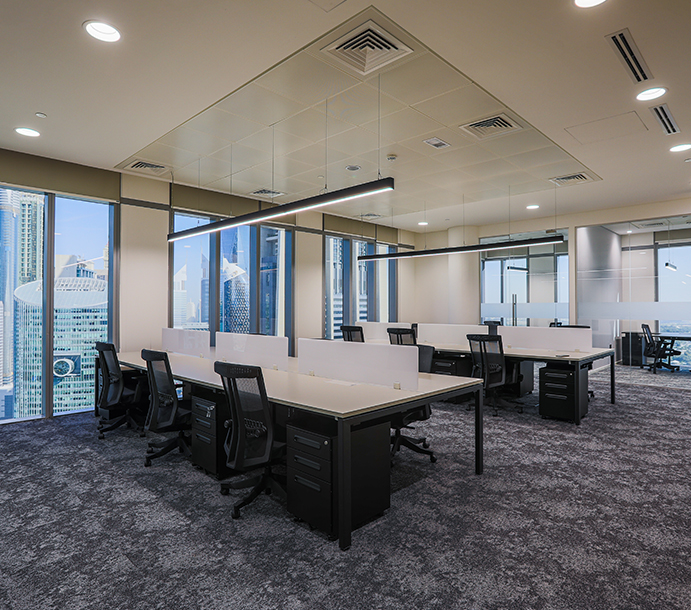Will there be a need for office space in the future?
The events over the last 24 months have shaken things up in the world.
The first time that our generation has ever had to face a pandemic.
And although the fight is still not over, we see glimpses of societies around the world slowly moving towards normality in a new era of precaution.
While the world continues to adapt to this new norm, so do businesses and how they continue with their operations.
Remote working has fast become the new norm, thanks to the available technology that has allowed businesses to keep their operations moving forward in a virtual environment.
And to the surprise of many, it has proved to be an efficient solution to continue trading in this new scenario.
But at what cost?

The pandemic has accelerated the remote working model.
On the flip slide, it has quickly shown its limitations and the importance that an office setting and personal interaction play.
Subject matter experts state many mixed opinions.
On the one hand, you have the younger talent pool who are hungry for their career, eagerly open to receiving valuable lessons that come from day to day personal interaction, as well as the social life that comes with it.
On the other, the more senior and experienced, who have settled down and have children, welcome the notion of continuing working from home.
So, where does that leave the future of office space?
Will remote working become the new norm?
If so, what are the downfalls, and how do they impact business operations and employee engagement?
Although we cannot speak for all the workforce, and opinions certainly differ based on industry, our thoughts are from personal experience and feedback from our tenants.
Most recently, we have witnessed more employees returning to office space on a more frequent basis.
And the general sentiment is one of relief and satisfaction.
With added precaution and slight restructuring of office space, the social interaction not only has raised spirits but has brought on additional motivation that can be absent when working in silos.
An office environment naturally brings a sense of collaboration and experience that lacks remote working.
Regardless of the amount of technology available, human interaction is always an essential part of business and professional/personal growth.
Yes, times have changed.
Office space requires some form of adjustment to ensure the safety of its employees.
Which is the primary concern of businesses.
We have seen many examples of companies developing creating solutions, both the office space and working schedules, ensuring safety precautions are adhered to, whilst maintaining healthy social opportunities.
Whether this is part remote or part office-based, our tenants understand the importance of human interaction in a thriving business.
At Central Park Towers DIFC, we also understand the importance of social interaction and want to play our part to ensure a motivational atmosphere.
That’s why we have also implemented “out of work” social events to build a community atmosphere.
An atmosphere that is clearly absent in remote working.

Office space or no office space?
At the end of the day will depend on the business and its industry.
Whilst remote working may be a solution, it is impossible to replicate the social office environment that contributes heavily to learning, development, and ultimately, motivation.
Will it be the same as before? Definitely not!
Times are different.
Different doesn’t necessarily mean less.
We are social creatures and depend on human interaction to develop, be inspired and achieve our goals.
And an office space provides that community environment to thrive, both in business and personal development.
If you want more information on how Central Park Towers DIFC and its tenants are bringing the community back together once more, feel free to reach out to info@centralparktowers.

